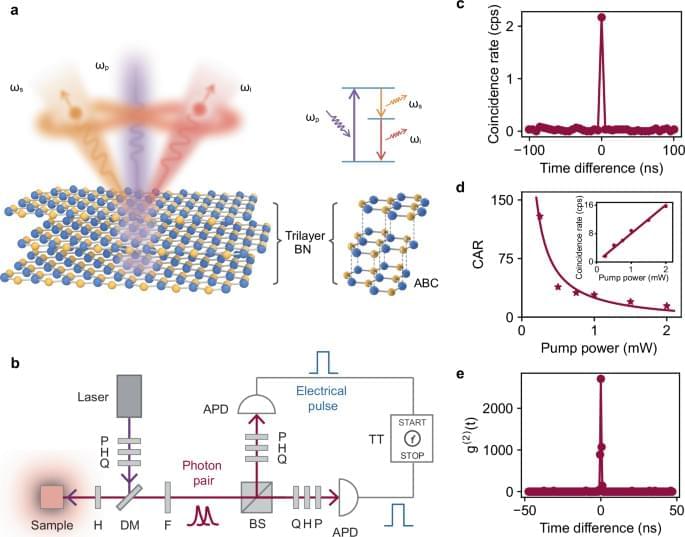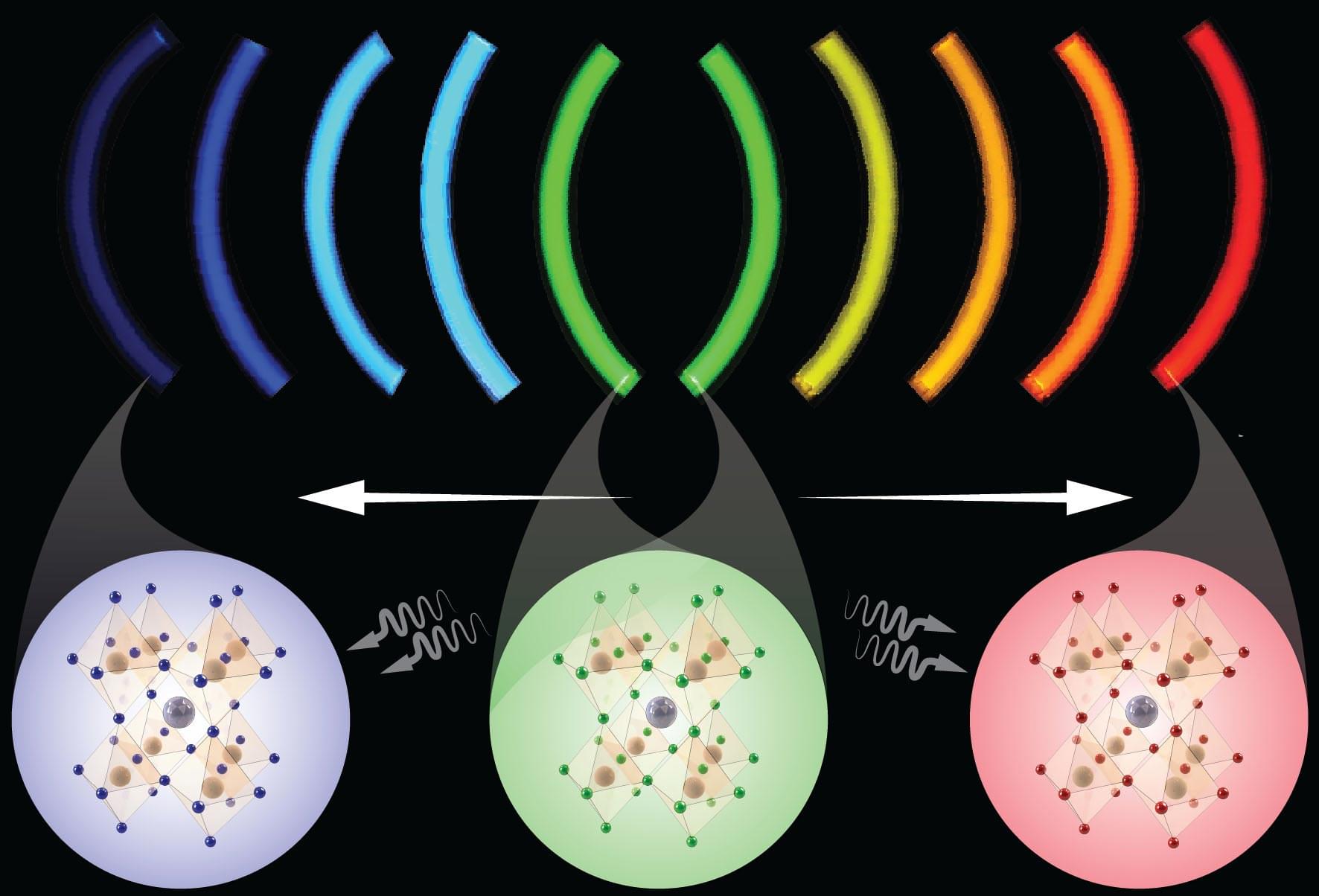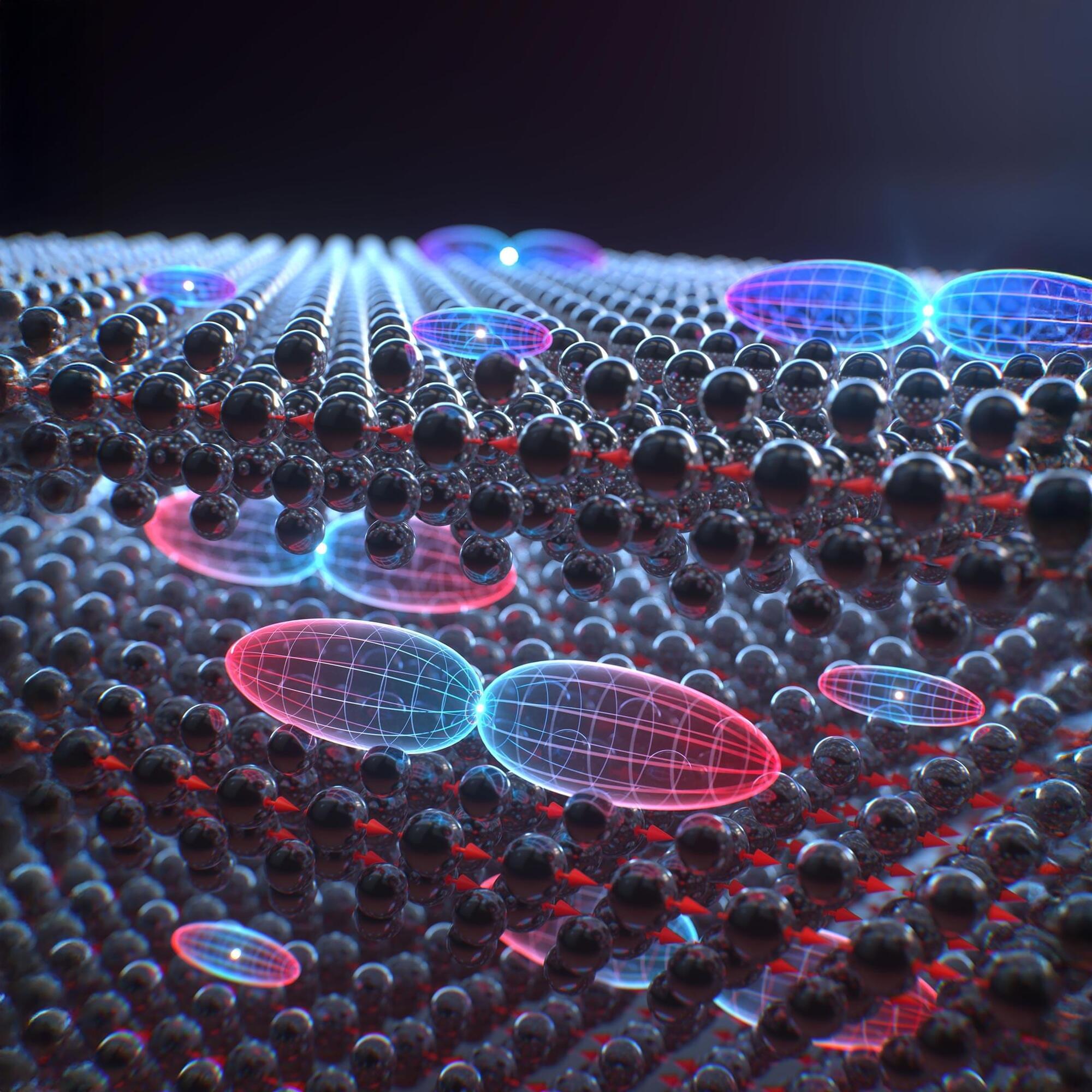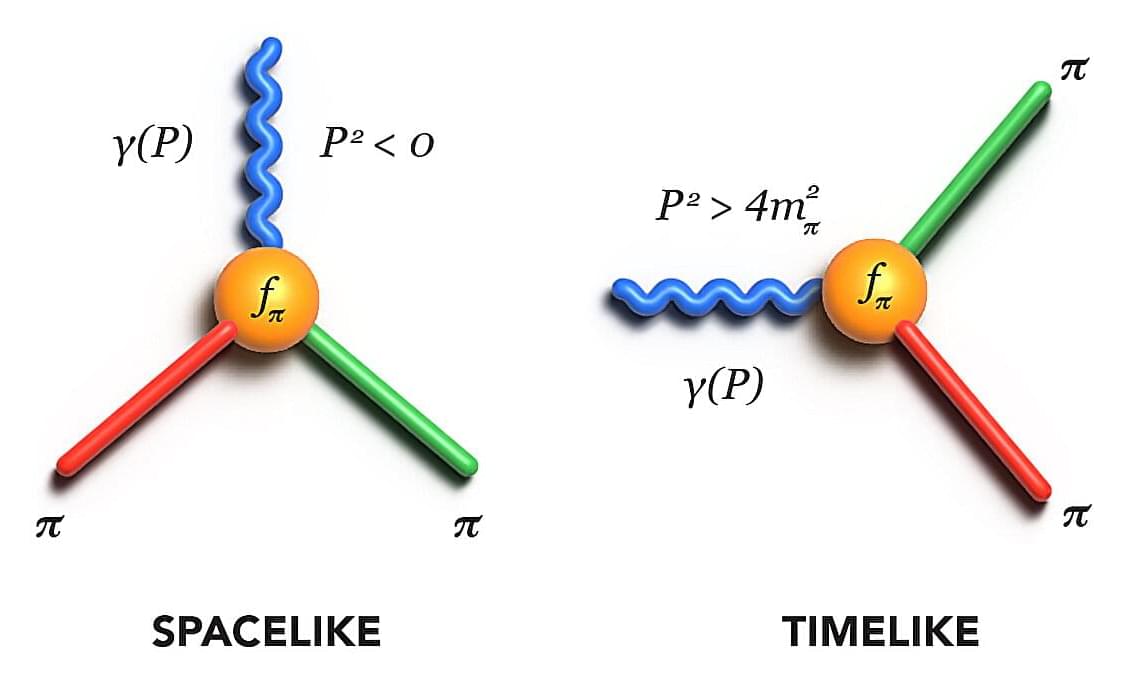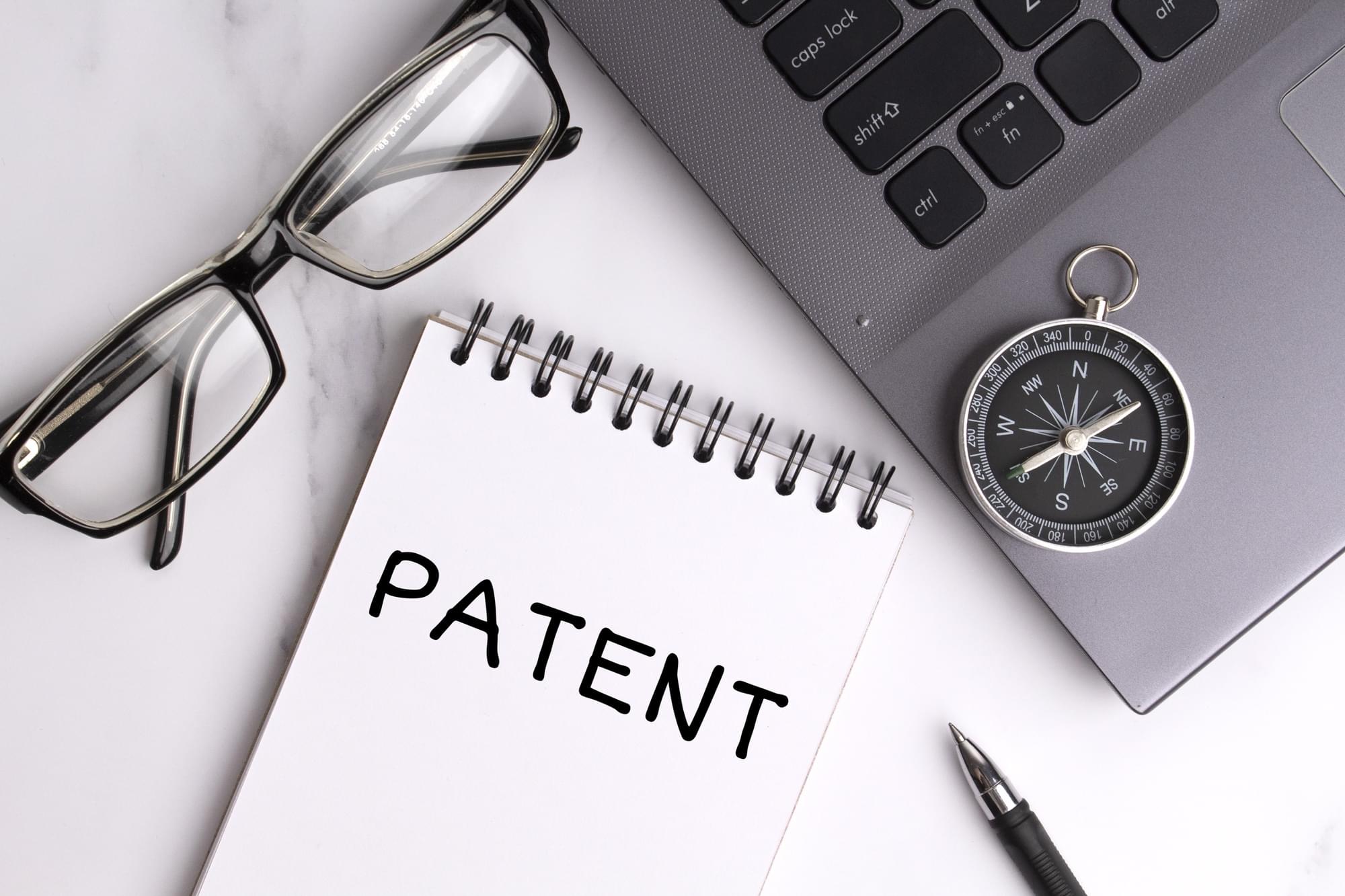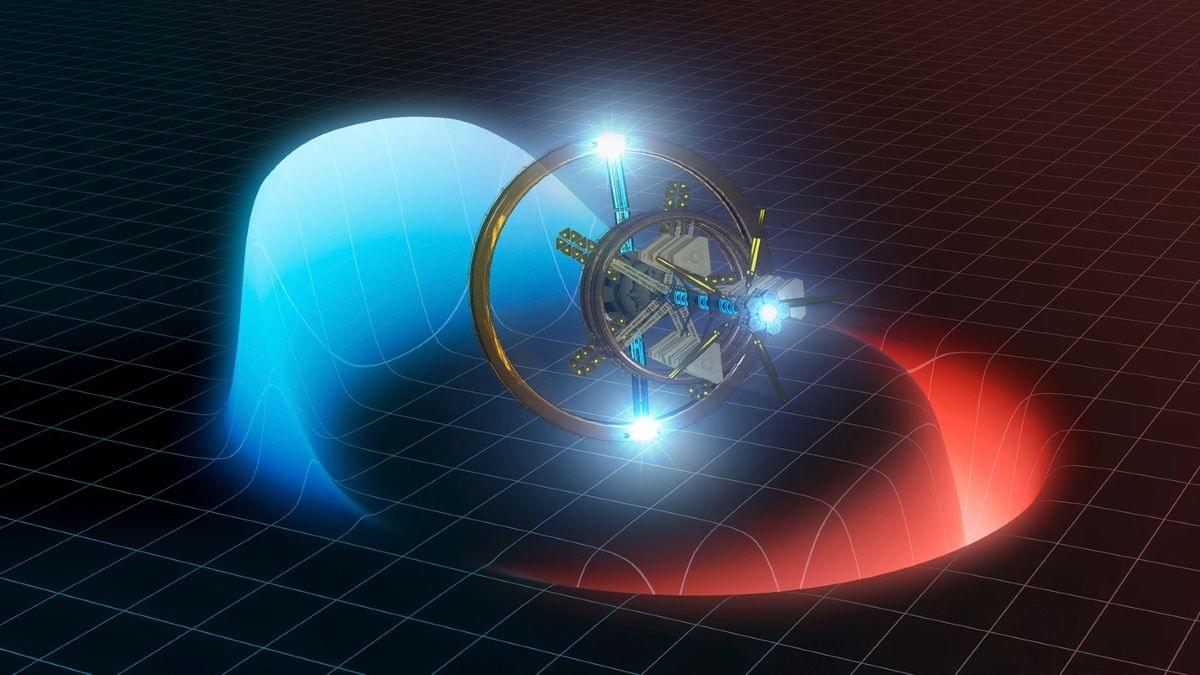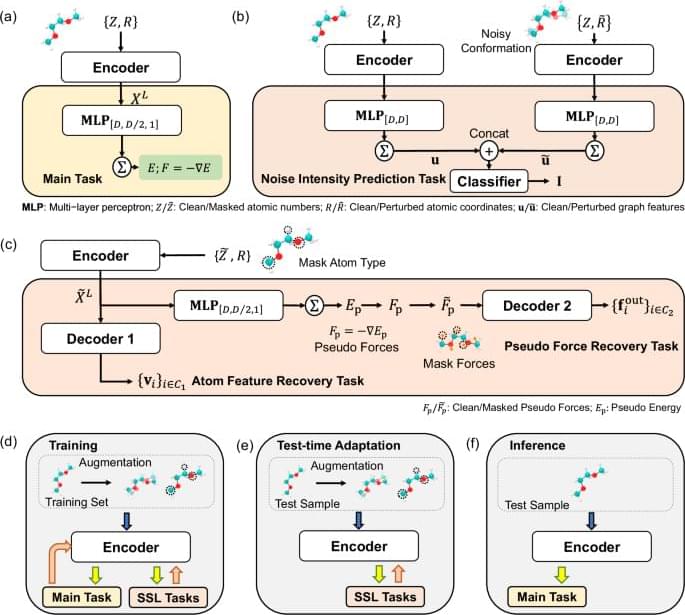In this fascinating exploration of cosmic mysteries, we delve into the question: Will the Big Bang happen again? Join us as we investigate the theories surrounding the universe’s origin, expansion, and potential future. We’ll cover concepts like the cyclic model, eternal inflation, and how quantum physics plays a role in the fate of the universe. Get ready for mind-bending theories and thought-provoking answers that could change your understanding of space and time! If you enjoyed this cosmic journey, please like and share the video with fellow space enthusiasts.
#BigBang #CosmicMysteries #Universe #Astronomy #SpaceExploration #TheoreticalPhysics.
Visit our website for up-to-the-minute updates:
www.royaltyside.blogspot.com.
Support this channel on Patreon to help me make this a full time job:
https://www.patreon.com/c/royaltyside.
Follow us.
Facebook: www.facebook.com/royaltysides.
Twitter: www.x.com/RoyaltySide.
Instagram : www.instagram.com/royaltysideofficial/
